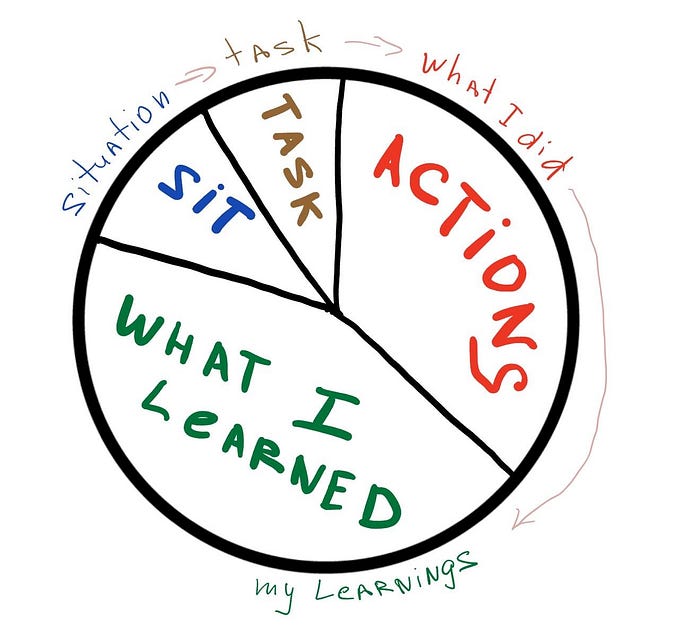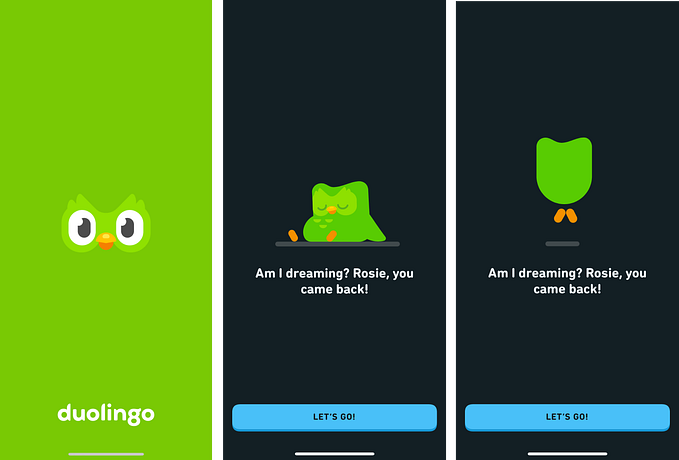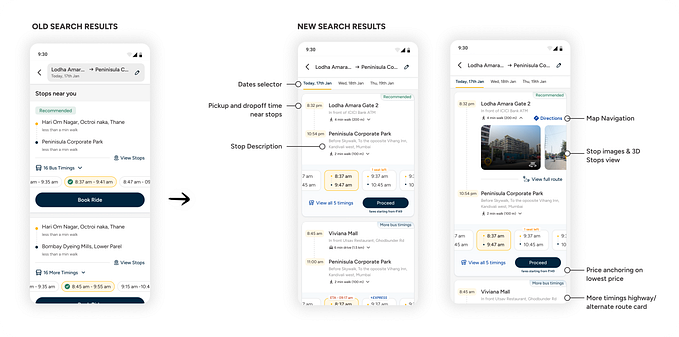Member-only story
The One Thing We Miss When We Condemn the Vengeful Woman
Did we forget why she wanted revenge in the first place?

In 1999, Janet Fitch burst onto the literary scene with her stunning, tragic debut novel, White Oleander, a story that follows the heartbreaking journey of teenager Astrid Magnussen who is forced to endure a series of horrific experiences in foster homes after her mother, Ingrid, is imprisoned for murdering her ex-lover. It’s a chilling examination of the scope of damage a mother can inflict upon her daughter.
Two years later, the movie adaptation hit the big screen, forcing us to meet Ingrid, quite literally, face to face, in the dispassionate, cold, blue-eyed gaze of Michelle Pfeiffer. In some ways, it makes what she did all the more real when, at the end of the movie, Astrid asks her why she killed her ex-lover, only to have Ingrid answer in an indifferent tone, “Self defense. He was killing me.”
As I re-watched this movie for the first time since it premiered, I had a very different reaction to this scene. I understood that the audience was meant to interpret this as cold-hearted narcissism, or even psychopathy. That we are meant to see Ingrid as dangerous and predatory. At the time, that’s exactly how I felt about her. And that interpretation of her character still stands today.
But two decades later, I see another layer to Ingrid’s words that wasn’t accessible to a twenty-something woman wearing the rose-colored glasses of young adulthood.
She was right. Barry, the ex-lover, was, indeed killing her. Maybe Ingrid wasn’t such a villain after all.
“He was killing me.”
These words hit me in the gut this time around. Because for the first time, I understood them on a different level.
We know, intellectually, that we’re supposed to be chilled by Ingrid’s lack of empathy and the ability to see the humanity of the man she murdered. We’re supposed to.
But rewind to the beginning of the movie when we first discover what kind of man Barry is. They have a hot and heavy love affair, but when he returns from a business trip, he abruptly stops calling Ingrid. She has to call his office just to discover that he has returned home, since he…











